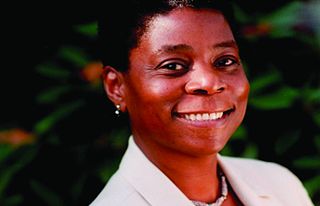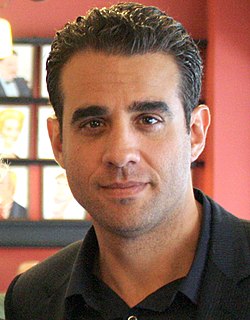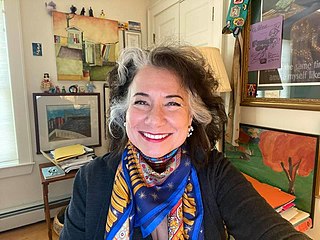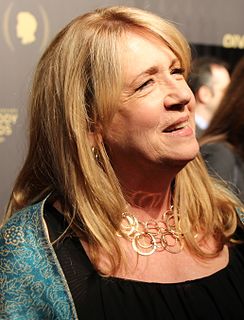A Quote by Debra Dean
Practicality continues to be a challenge for me - it's at odds with being an artist. I actually had a career on stage in New York - not a brilliant career or I'd still be doing it - but I got enough work to keep my agent and my union health insurance.
Related Quotes
I came into having an artist's career in this very sheepish and directionless way. It's hard to explain, but I was 18 years old and I was ready to go to college; that was the next step for me. Then suddenly I had a song that blew up... and I had this artist's career and I was on tour with these big names and I didn't know what I was doing.
Health insurance, which is exceedingly difficult to secure as an individual in New York. Obamacare, while certainly better than nothing, is pretty awful, and if you have a complicated health history, as I do, you need premium insurance, which means private insurance. The challenge, though, is finding a company that will give you the privilege of paying up to $1,400 a month for it. When I didn't have a job, I spent more time thinking about insurance - not just paying for it, but securing it in the first place - than I wanted to.
When I got my very first phone call that I'd hit the 'New York Times' list, I had a small rush of 'I've made it!' But the next morning, it occurred to me I didn't know what it was, so I called my agent and asked what being a 'New York Times' bestselling author really meant. He informed me that I was now a thousand pound gorilla.
America has borders. You have quite strict borders, actually. Even getting a work permit in New York actually is quite a difficult thing to do. I've got to prove I've got an address. I've got to prove I have private health care. And when my work permit runs out, if I haven't left, there'll be a knock at the door, they'll put me in handcuffs and take me to JFK Airport. That's how you guys do it.
If your father is an air-conditioner repairman from Nebraska, its conceivable that you might become a CEO, but you can't imagine being the drama critic for the New York Times. So if you come from a background like that and you want to actually have a career which involves doing something noble in the world, what can you do? You can join the army. That's about it. Or you can work for the church. That explains a lot of the focus of right-wing populism. The right wing figured that out, that people want enough to survive and to do good.
In actor's career, I had a fair amount of denial, which I think is possibly in the genes, where I just couldn't go to, "Maybe this won't work out." I just couldn't do it. My mind just refused to go there. I don't mean there weren't low periods. There were plenty. But I remember arriving in New York and I was maybe 32, and I didn't have an agent. I came from Chicago, where I had gone to school and worked and got my sea legs, so to speak, and I remember walking out of the subway, walking the streets, standing in front of the theater and saying, "I will work in this theater."



































